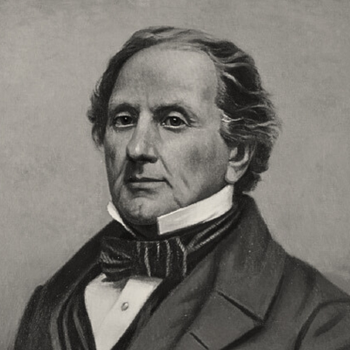The Founding & the Founders
<br/>
<br/>
Although not explicitly stated in the minutes, it was against this historical backdrop—the economic downturn, the stability of slave property value, increasingly vocal abolitionists, and Denmark Vesey’s plot to kill slave-owning Charlestonians (which included every single member of the Medical Society)—that the Medical Society of South Carolina met at an extra meeting on November 22, 1822. Meeting at that date ensured that more members could be in attendance, particularly any who spent the summer months in cooler climates, as was popular at the time. The society immediately moved to present a memorial to the state legislature, requesting “to constitute a Medical College in this State” and nominated a committee to write it. They met again three days later. James Moultrie, Jr., Samuel Henry Dickson, Henry Rutledge Frost, Thomas G. Prioleau, and James Ramsay were among the members assembled. The memorial, was heavily influenced by Thomas Cooper’s address the previous year.
<br/>
Essentially, the committee agreed on all points made by Cooper—that a school should be established, faculty salaried, a building found, six months of lectures offered, with the course of study lasting three years—with one significant objection. They believed the medical college should be located in Charleston, rather than Columbia or separated between the two cities.
<br/>
"We think Charleston the most eligible – because Anatomy, which constitutes the basis of the Science, cannot be efficiently taught unless the means of obtaining Bodies are ample and easy [emphasis added]. Anatomical preparations, public demonstration, as well as the private but more practical illustrations of the Dissecting Room, unequivocally point to Charleston as the place most likely to afford the facilities required."
<br/>
The variety of disease found in a bustling port city like Charleston, with people constantly coming and going, as well as access to potential patients in the Poor House and Work House, were also identified as reasons to situate the college there. Finally, the opportunity to affiliate with the Medical Society as well as the Philosophical and Literary Society meant that students would have access to some of the best libraries in the country. The memorial concluded: “the comparative superiority, convenience, and opportunities afforded in Charleston are so striking and obvious, and their inadequacy and insufficiency in Columbia so plain and indisputable, that we feel assured your Honorable Body cannot hesitate on the course to be pursued.” While the memorial was well-received by the state legislature, they were not granted a charter.
<br/>
Frustrated with this stall, Samuel Henry Dickson delivered a passionate speech before the Medical Society on February 1, 1823, which resulted in the formation of a committee to prepare a plan to establish a college. The members of the committee were: Samuel Henry Dickson, James Ramsay, Thomas Grimball Prioleau, Joseph Johnson, and James Moultrie, Jr. They reached out to the College of Charleston for assistance but received none on the grounds that the society had not attained the power to confer degrees. Locating sources of funding and a building also proved difficult. Nonetheless, they were undeterred. The committee resolved to send a second memorial to the state legislature, this time explicitly asking for the power to confer degrees and establish a medical college in Charleston. This second appeal proved successful, and the establishment was passed into law on December 20, 1823.
<br/>
The Society, led by Samuel Henry Dickson, moved quickly to establish a plan for a course of lectures, the subjects to be chaired by faculty, the election of professors, the selection of a dean, and the academic requirements for graduation. Faculty elections were held at a special public meeting of the Medical Society on April 12 and by August 2, a dean selected. The Medical College of South Carolina opened and lectures began on Monday, November 8, 1824.
<br/>
The Politics of the Founders
<br/>


